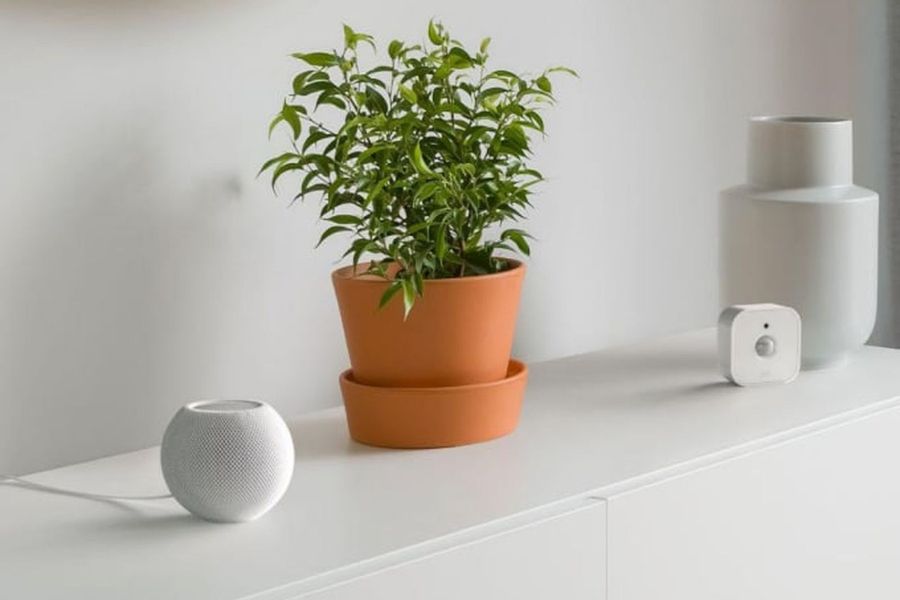Wynd Introduces the Sentry Air Quality Monitor
Wynd Technologies has recently announced the launch of a new indoor air quality sensor, Sentry, ideal for short-term rental properties. According to the company, the device is capable of distinguishing between multiple different types of smoke, including fumes put off by cigarettes (both tobacco and marijuana) and vape devices. The device is also capable of monitoring for excessive noise on behalf of property owners and proactively sending alerts via notifications.
The device works by using light interference particle-detection and machine learning to detect, identify and warn owners of unwanted sources of indoor smoke and excessive noise. As Ray Wu, CEO of Wynd puts it, smoke “is a big issue because it stains and creates a lingering smell for the next guests,” Wu said. “It can cause property destruction and a bad review for the next person who might be staying at a hotel or an Airbnb. And there’s a lot of cleaning costs involved.”
“We can detect the presence of inhaled smoke, whether it’s coming from cigarettes, vape or marijuana within about a minute or so. We can alert the property manager or the property owner quickly, so that it doesn’t escalate to become a big issue.”
The sound detection element also comes following a recent policy update by short-term rental marketplaces like Airbnb, which is now starting to crack down on parties hosted at properties. When detected via Sentry, the device will send an alert to the owner’s smartphone in an attempt to proactively curb damages.
Coming Soon to Hotels and Hospitals?
Founded in 2014, Wynd ran a pilot program with Sentry in 2021 and 2022, placing the sensors in vacation rental properties of participating Airbnb hosts and Vacasa rental owners. The program found that authenticated data regarding a smoking incident reduces insurance claim settlement times, while also increasing the success rate for claims. However the idea itself, stemmed from a real-life incident, according to Wu.
“We’re in 50,000 homes, a thousand different commercial buildings,” he said. “One of the super hosts who started on the Airbnb platform at the very beginning, he was one of the top 50 hosts, found that there was an excessive amount of smoke coming from one of his properties. It turned out they were actually cooking drugs. So that became the basis for how this whole product got created.”
Wu also sees the device having broader applications in the hospitality industry at large, as well as hospitals and schools. According to Wu, the company has already begun some level of outreach to hotels, however there are no major announcements to report at this time.






